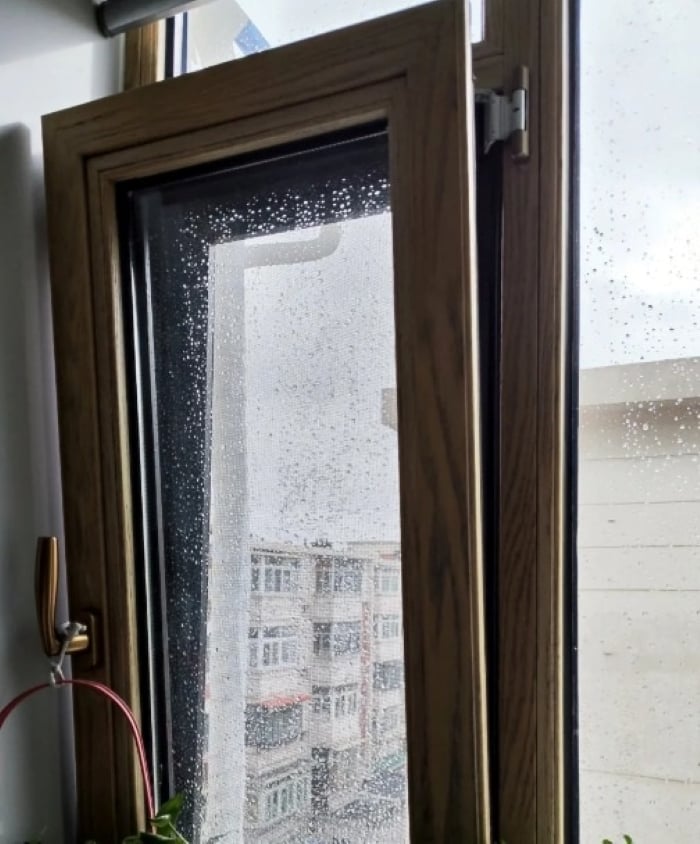1. Avoid Opening Windows During Rush Hour
It is best to avoid opening your windows during rush hour, typically from 7-9 am and 5-7 pm. This is especially true if you live in the city center. By doing so, you will be inviting in a host of harmful pollutants from the increased traffic, not to mention the added noise. It can be quite unpleasant to have to listen to all that commotion!

Rush Hour (Illustration)
3. Keep Windows Closed During Hazy Days
In recent years, air pollution has become an increasingly serious issue, particularly for those living in large cities. We need to be aware that hazy weather often comes with a high concentration of dust and pollutants. If you choose to open your windows during these periods, you are essentially inviting this pollution into your home.
You may notice an unpleasant, pungent smell, and in more severe cases, you could experience nasal inflammation and even asthma. For households with children, whose immune systems are still developing, it is especially important to avoid this exposure.

Hazy Weather (Illustration)
If you live in an area with severe air pollution, I personally recommend investing in an air purifier for your home. This can effectively eliminate unpleasant odors and ensure the air quality in your home remains healthy. When venturing outdoors during hazy weather, don’t forget to wear a mask to protect yourself from direct exposure.
2. Avoid Opening Windows During Rainy Days
In the past, I used to enjoy opening my windows on rainy days, finding it quite romantic. However, the reality is that this action often results in a damp and musty room, as rainwater and moisture from the air are blown into your home.

Opening Windows on Rainy Days
If this habit persists, you may encounter further inconveniences, such as water-stained and moldy walls, which can be unsightly and detrimental to your family’s quality of life.
4. Keep Windows Closed During Strong Winds
When strong winds are blowing, it is advisable to keep your windows closed. Otherwise, you are inviting all the dust and debris that the wind is carrying straight into your home.

Opening Windows During Cold Winds (Illustration)
Additionally, strong winds can put a strain on your windows, and in severe cases, they may even break, posing a safety risk to you and your family. If you have young children, consider installing child-safety locks on your windows to prevent any unfortunate accidents.
Unlocking the Benefits of Fresh Air: 5 Critical Times to Keep Your Windows Shut
Excessive outdoor humidity can result in a buildup of moisture indoors when windows are left open. This can create an uncomfortable environment and lead to potential issues with mold and mildew. It is important to maintain a balanced indoor humidity level to ensure a pleasant and healthy living space.





































